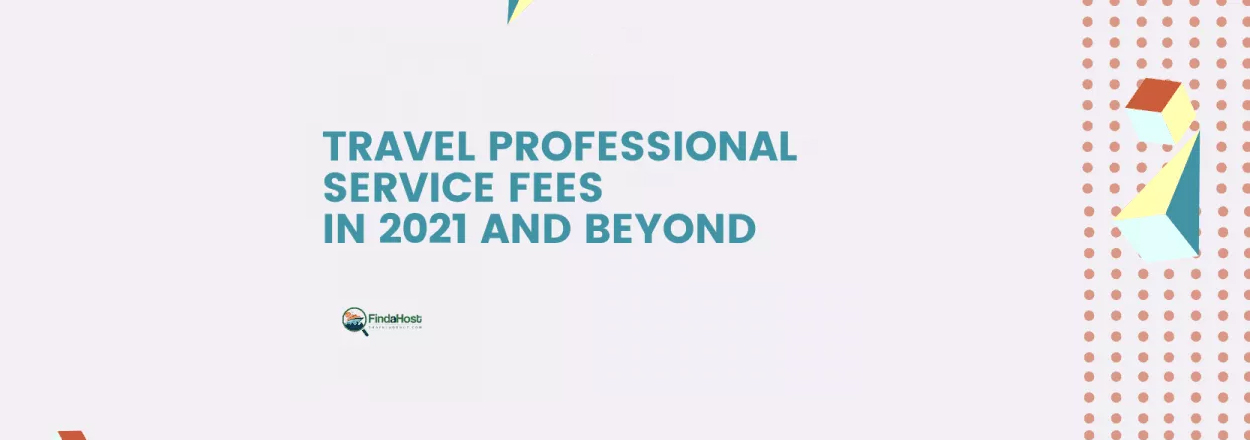There have been many unexpected effects from the Coronavirus pandemic, including unplanned downtime and reduction in income. Setting and faithfully charging fees for your services might help with both of those.
In her two-part webinar series, Don’t Let Your Agency Go Dormant While This Virus Is Active, Anne M. Smith, CTIE strongly urged all of us to start charging service fees. (And we strongly urge all of YOU to watch those recorded sessions, located in our Premium Access Lounge.)
In addition, we wanted to share with you one of the best and most practical papers we’ve read about service fees. If fees are something you have been thinking about, this is a great read.
This tip was extracted from a CTC graduate White Paper titled Understanding and Monetizing Your Value as a Travel Professional. The entire White Paper is available in the Premium Access Lounge.
By Amy Cornette, CTC, Senior Technical Support Analyst, Nexion Travel Group
Fee Logistics: Why, Who(m), What, When, and How
Why charge a service fee?
The industry has changed dramatically over the past 20 years. We first started seeing service fees as a way for agencies to offset revenue when the airlines cut commissions. At that time, the words “service fee” were new and made agents apprehensive; now, charging fees is the norm. Fee-based agencies have two revenue sources: commissions and fees. This dual approach will help protect agencies from any future reduction in supplier commissions.
Whom do I charge?
Everyone! If you are telling your clients the fee is going to be refunded or applied toward the trip, then you are not a fee-based agency. A fee-based agency keeps its fees. The practice of refunding or applying fees sets the unfortunate precedent that you are not worth the expense. There will be certain circumstances where you may waive the fee depending on the situation. You must be consistent but can exercise some flexibility on a case-by-case basis.
What to charge for and how much to charge?
There are two types of service fees: transaction fees and consulting fees.
- Transaction fees are fees for providing a specific transaction. This type of fee—with an average of $30—is typical of a corporate travel agency. [See the full fee breakdown in Amy’s White Paper –Editor]
- Consulting fees (also known as professional or designer fees) are fees for providing your professional knowledge, services, advice, and support, including processing the booking transactions. This type of fee is typical of a leisure travel agency. [See the full fee breakdown in Amy’s White Paper –Editor]
When and how to initiate the service fee conversation?
The best practice is to bring up the subject of fees with your client once you have established a rapport and have a basic understanding of what they are asking you to research.
Follow these strategies for implementing service fees:
- Set fees and do not deter from them.
- Acknowledge the fee toward the beginning of the sales cycle.
- Keep a positive tone and focus on your value.
- Never apologize for charging a fee; you are a professional.
- Be confident.
How to collect the service fee?
You may choose to accept cash, check, or credit cards. Keep in mind that, when collecting funds directly from a client, you must be in compliance with any Seller of Travel laws in your state.
Thank you, Amy!
For more learning, we also recommend Nolan Burris’ webinar titled Fees—From Zero to Hero, also in our Premium Access Lounge, along with Steve Crowhurst’s book The Travel Agent’s Guide to Charging Fees, in our bookstore.
Source: thetravelinstitute.com





comments